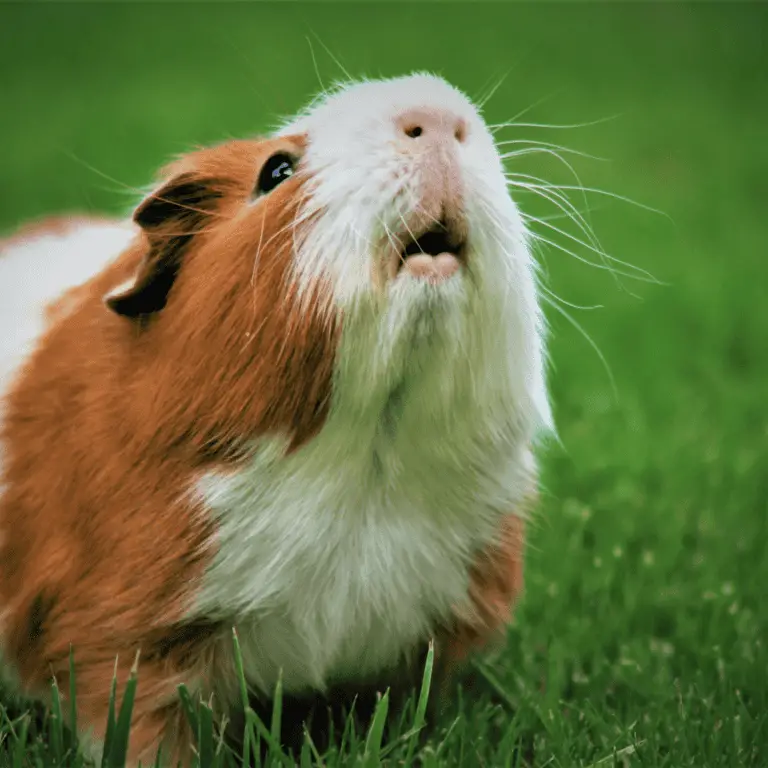Pet-Friendly Colleges: The Pros and Cons of Bringing Your Guinea Pig to College
For many college students, their furry or scaly friends are important companions and provide emotional support during a stressful time. But not all colleges and universities are pet-friendly, and those that do allow pets often have strict guidelines that must be followed. In this article, we’ll explore the benefits and drawbacks of bringing a pet to college, focusing on guinea pigs in particular, and provide some tips on how to keep your pet happy and healthy in a dorm room or apartment.
Which colleges allow pets?
Researching college pet policies
Before you go off to college with Fido or Fluffy in tow, it’s important to research the pet policies of the schools you’re considering. Some colleges and universities have a strict no-pets policy, while others are more lenient and allow certain types of pets in certain areas of campus. Make sure to read the college’s pet policy thoroughly and understand the rules and regulations before bringing your pet.
Considerations for choosing a pet-friendly college
If having a pet with you in college is a priority, you may want to consider attending a pet-friendly college. When deciding on a college, take into consideration the following factors:
- The type of pet you have
- The college’s pet policy
- The availability of pet-friendly dorms or apartments
- Whether there are nearby parks or walking trails for your pet to enjoy
- The cost of pet fees and deposits
Alternatives to pet-friendly colleges
If you can’t find a pet-friendly college or if the rules and regulations are too strict for your personal preferences, consider alternative options. You can foster a pet from a local animal shelter, volunteer at a pet rescue organization, or simply spend time with other people’s pets. These options allow you to still interact with animals without the added responsibility and restrictions that come with being a pet owner in college.
Is a guinea pig a good pet for college?
Benefits of bringing a guinea pig to college
Guinea pigs are a popular choice for college students because they are small, relatively low-maintenance, and easy to handle. They also provide companionship and can ease feelings of loneliness or homesickness. Additionally, guinea pigs don’t require frequent trips outside like dogs do, so they can be kept in a dorm room without needing to take them outside to go to the bathroom.
Challenges of caring for a guinea pig in a dorm room
While guinea pigs can make great pets for college students, there are some challenges to consider when caring for them in a dorm room. The biggest challenge is space: guinea pigs need room to move around and exercise. You will need to provide them with a cage that is large enough for them to roam and play in, which can take up a significant amount of space in a small dorm room. In addition, guinea pigs can be noisy at night, so you will need to ensure that their cage is placed in a quiet location away from your sleeping area.
Tips for keeping your guinea pig happy and healthy in college
If you decide to bring a guinea pig to college, here are some tips for keeping them happy and healthy:
- Invest in a large, spacious cage with plenty of room for your guinea pig to play and explore
- Provide your guinea pig with plenty of hay, fresh veggies, and access to clean water
- Make sure your guinea pig gets plenty of exercise, whether it’s through supervised playtime or running around in a playpen
- Keep your guinea pig’s cage clean and change out the bedding and litter frequently
What other pets can be brought to college?
The best pets for college life
While guinea pigs are a great option for college students, there are other pets that can make good companions in a dorm room or apartment. Some popular options include hamsters, gerbils, chinchillas, rabbits, and lizards. These pets are all relatively low-maintenance and don’t require a lot of space, making them suitable for small living quarters.
Pros and cons of bringing different types of pets to college
Each type of pet comes with its own set of pros and cons. For example:
- Hamsters and gerbils: These pets are easy to care for and don’t take up a lot of space, but they can be noisy at night and may not be as social as other pets
- Rabbits: Rabbits are social and affectionate pets, but they require a lot of space and can be difficult to litter train
- Lizards: Lizards are quiet and low-maintenance, but they require specialized care and may not provide the same level of companionship as furry pets
Advice for caring for pets in college dorms or apartments
No matter what type of pet you choose to bring to college, there are some general tips that can help you provide the best care possible:
- Make sure to research the college’s pet policy and understand the rules and regulations
- Invest in a high-quality cage or habitat that meets your pet’s needs
- Provide your pet with plenty of food, water, and exercise
- Keep your pet’s living area clean and sanitary
- Be considerate of your roommates and neighbors by keeping noise levels down and not allowing your pet to roam free in communal areas
What are the pet policies at various colleges?
Pet policies at Eckerd College
Eckerd College is well-known for its pet-friendly policies. The college allows cats, dogs, and small caged pets, such as guinea pigs and hamsters, in certain designated areas of campus. All pets must be registered with the college and there are rules and regulations governing their care and behavior.
Do any Ivy League schools allow pets?
Most Ivy League schools have strict no-pet policies, but some do allow service animals or emotional support animals with proper documentation and approval. For example, the University of Pennsylvania allows service animals and emotional support animals in housing and common areas with proper documentation, while Brown University allows service animals but does not allow emotional support animals in campus housing.
Comparison of pet policies at top colleges and universities
Here is a comparison of the pet policies at some of the top colleges and universities in the United States:
| College/University | Pet Policy |
|---|---|
| Harvard University | No pets allowed |
| Stanford University | Service animals and emotional support animals only |
| Massachusetts Institute of Technology | Small caged pets allowed in designated areas |
| Princeton University | No pets allowed |
Can a pet be an emotional support animal in college?
Understanding the requirements for a pet to be an emotional support animal
An emotional support animal (ESA) is a pet that provides comfort and support to individuals with emotional or mental health conditions. In order to qualify as an ESA, a pet must be prescribed by a licensed mental health professional and provide a specific benefit to the individual. The individual must also have a disability that qualifies them for an ESA under the Americans with Disabilities Act (ADA).
How to get permission to have an emotional support animal in college
If you believe that you would benefit from having an emotional support animal in college, you will need to provide documentation from a licensed mental health professional that prescribes the animal as part of your treatment plan. You will also need to provide documentation of your disability and register your pet with the college as an ESA. The college may request additional information and may have specific guidelines for emotional support animals.
The benefits and drawbacks of having an emotional support animal in college
Having an emotional support animal in college can provide comfort and support during a stressful time. However, there are also drawbacks to consider, such as the added responsibility and cost of caring for a pet, and the potential for conflict with roommates or neighbors. It’s important to weigh the pros and cons before deciding to bring an emotional support animal to college.
Conclusion
Bringing a pet to college can provide companionship.







